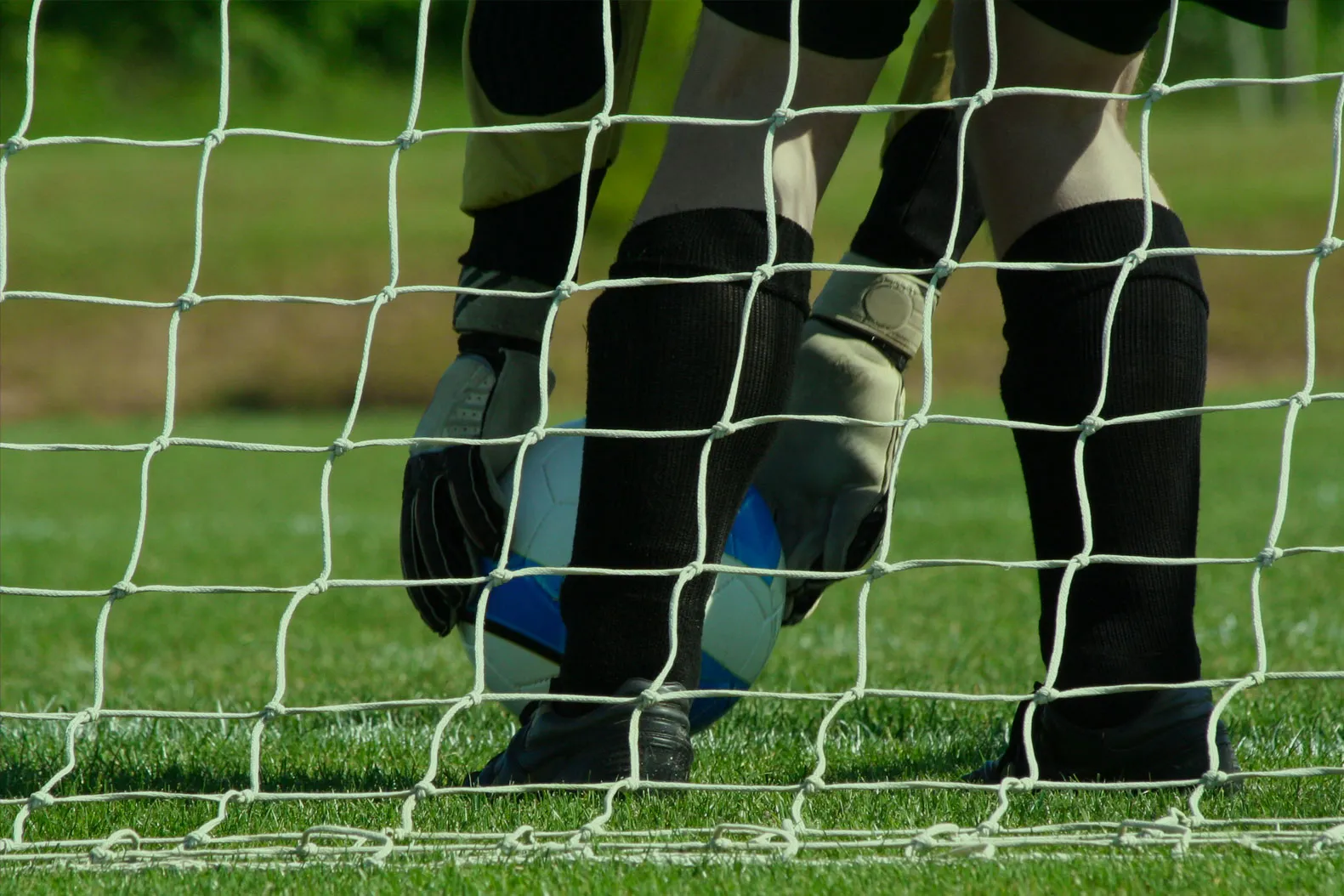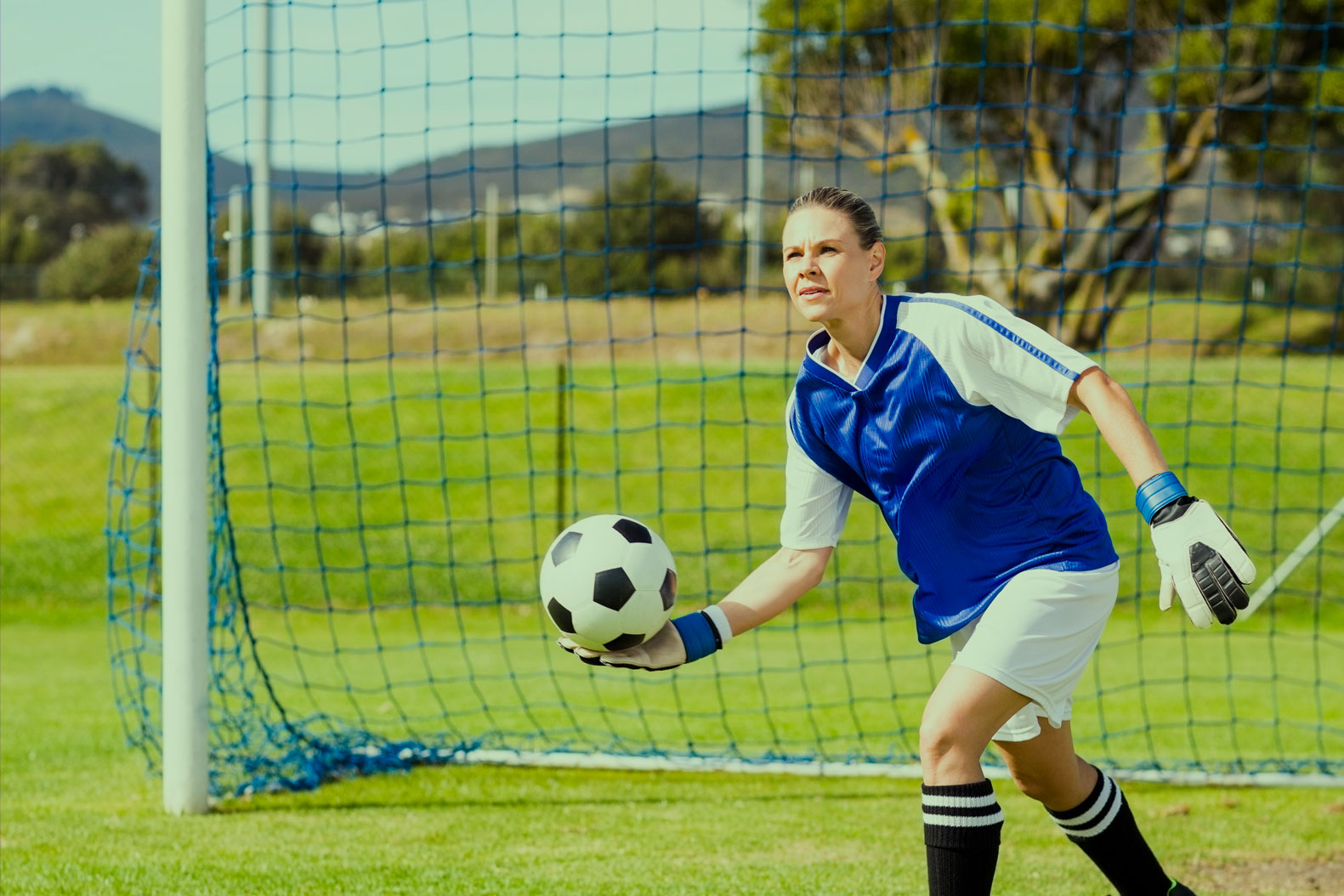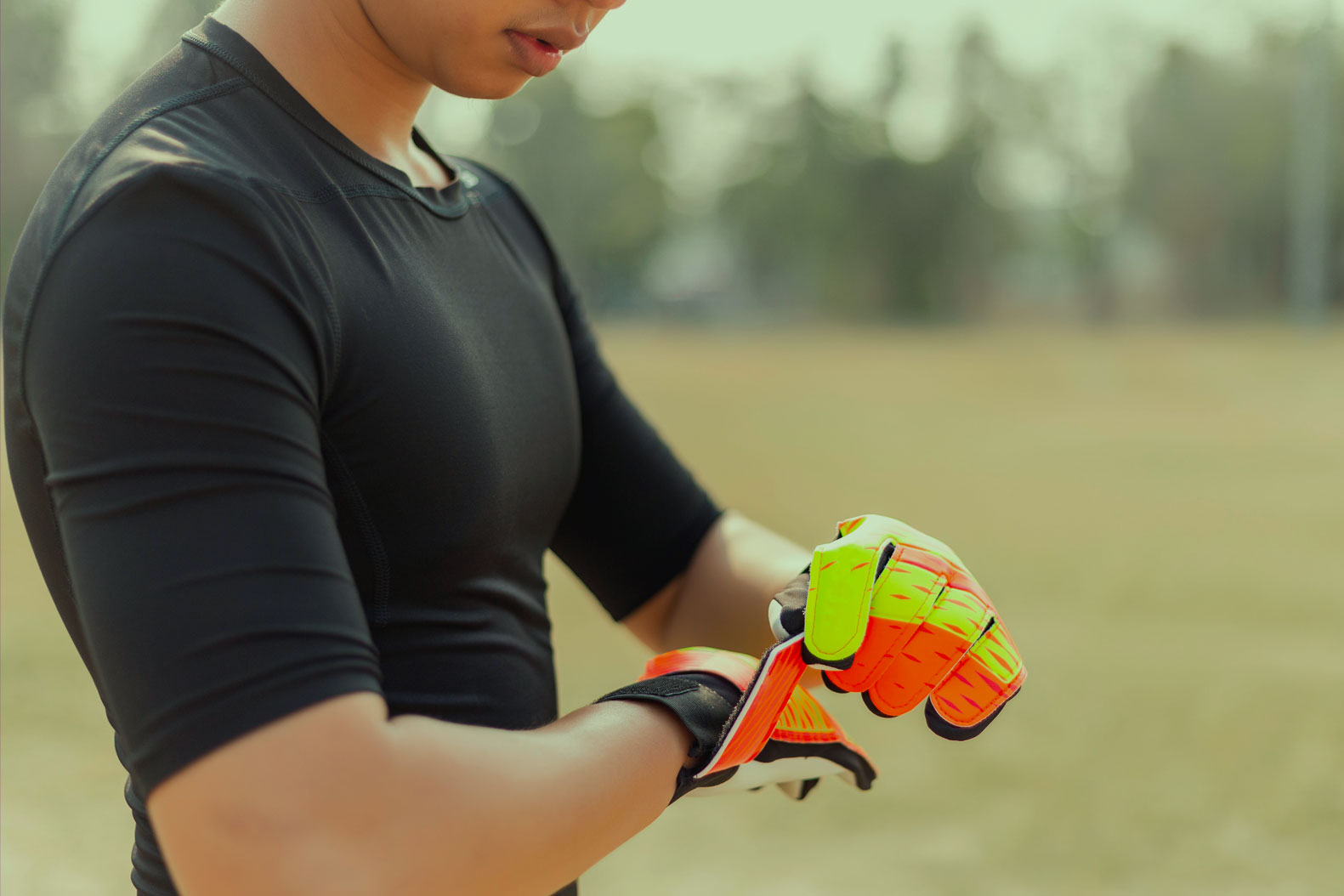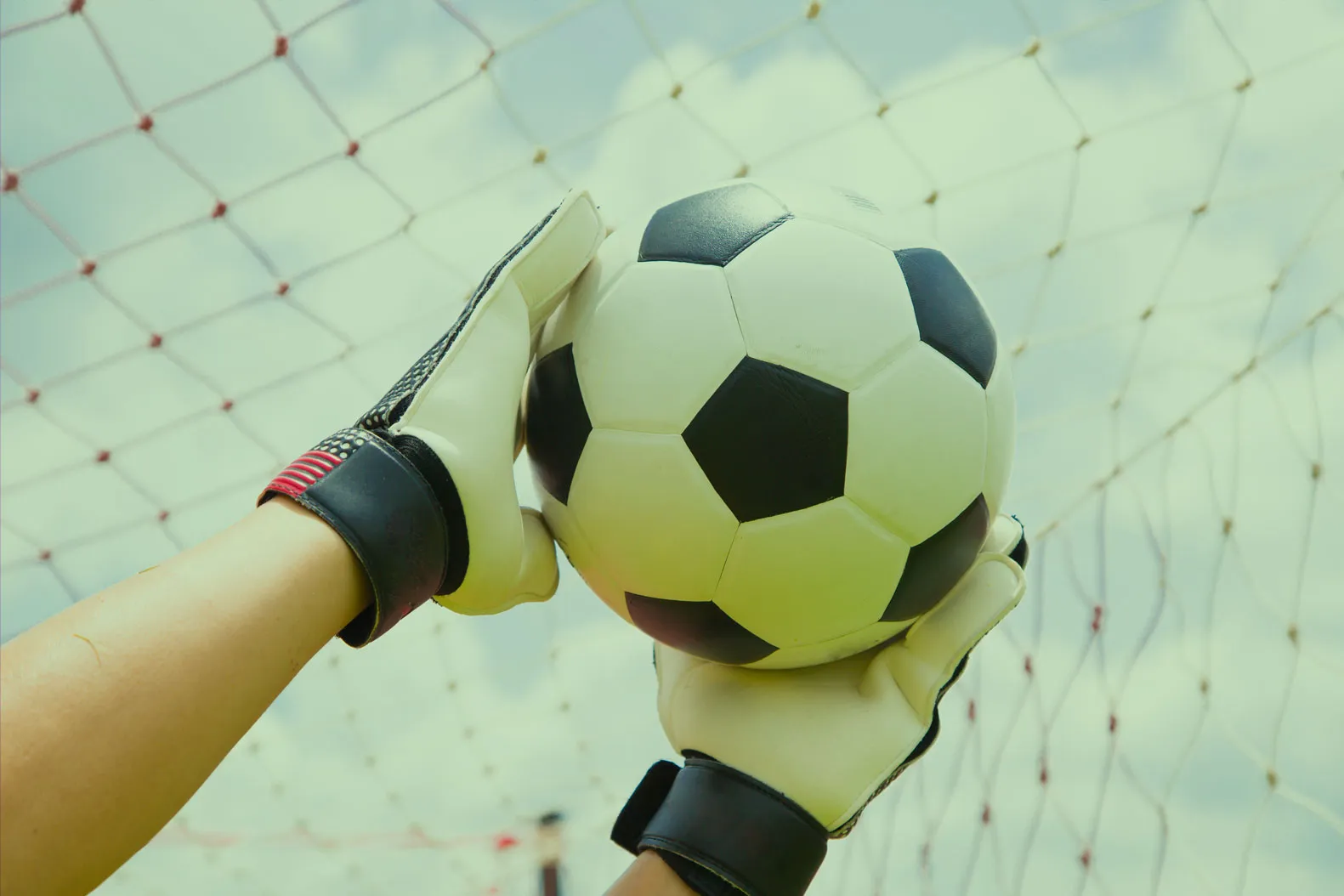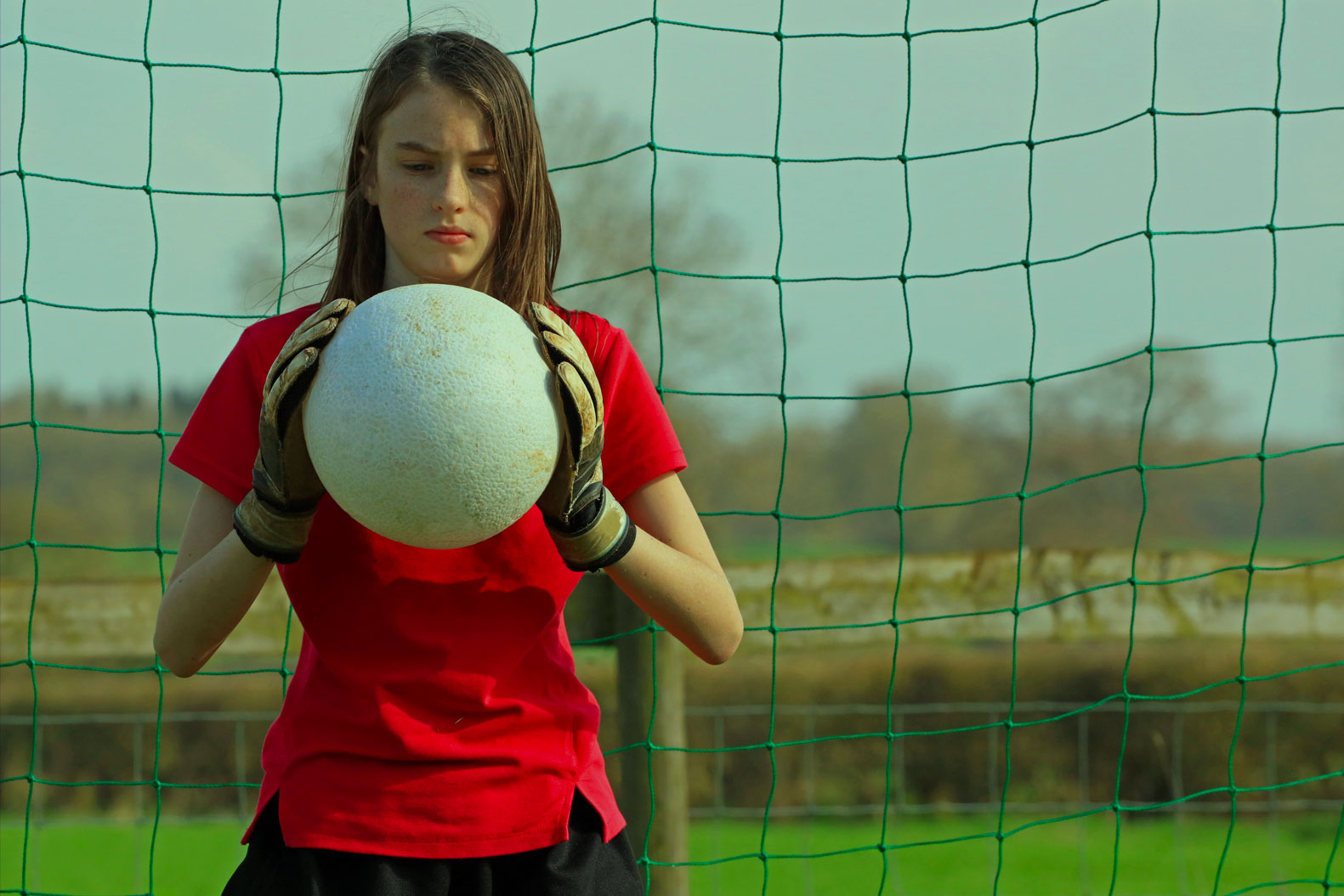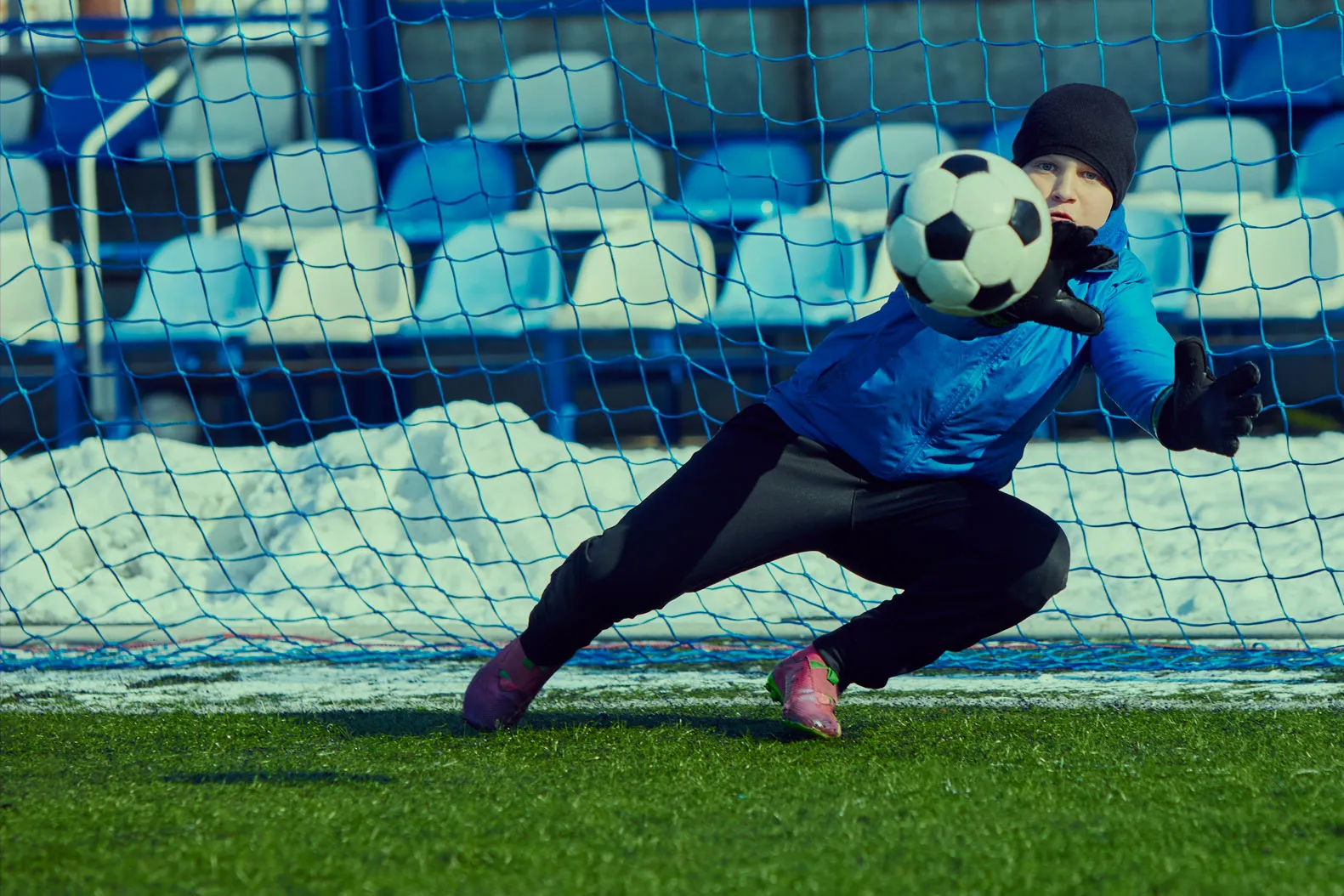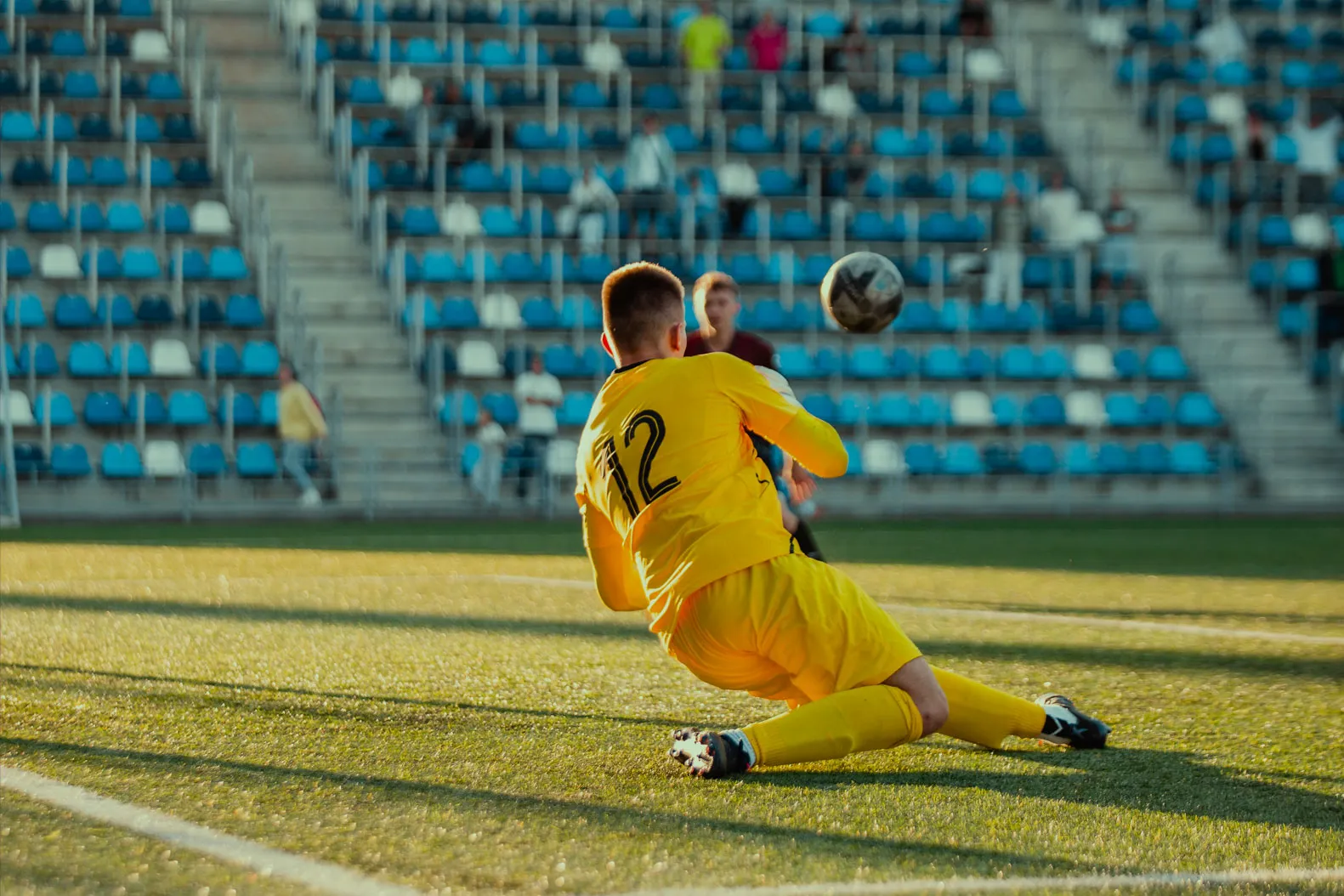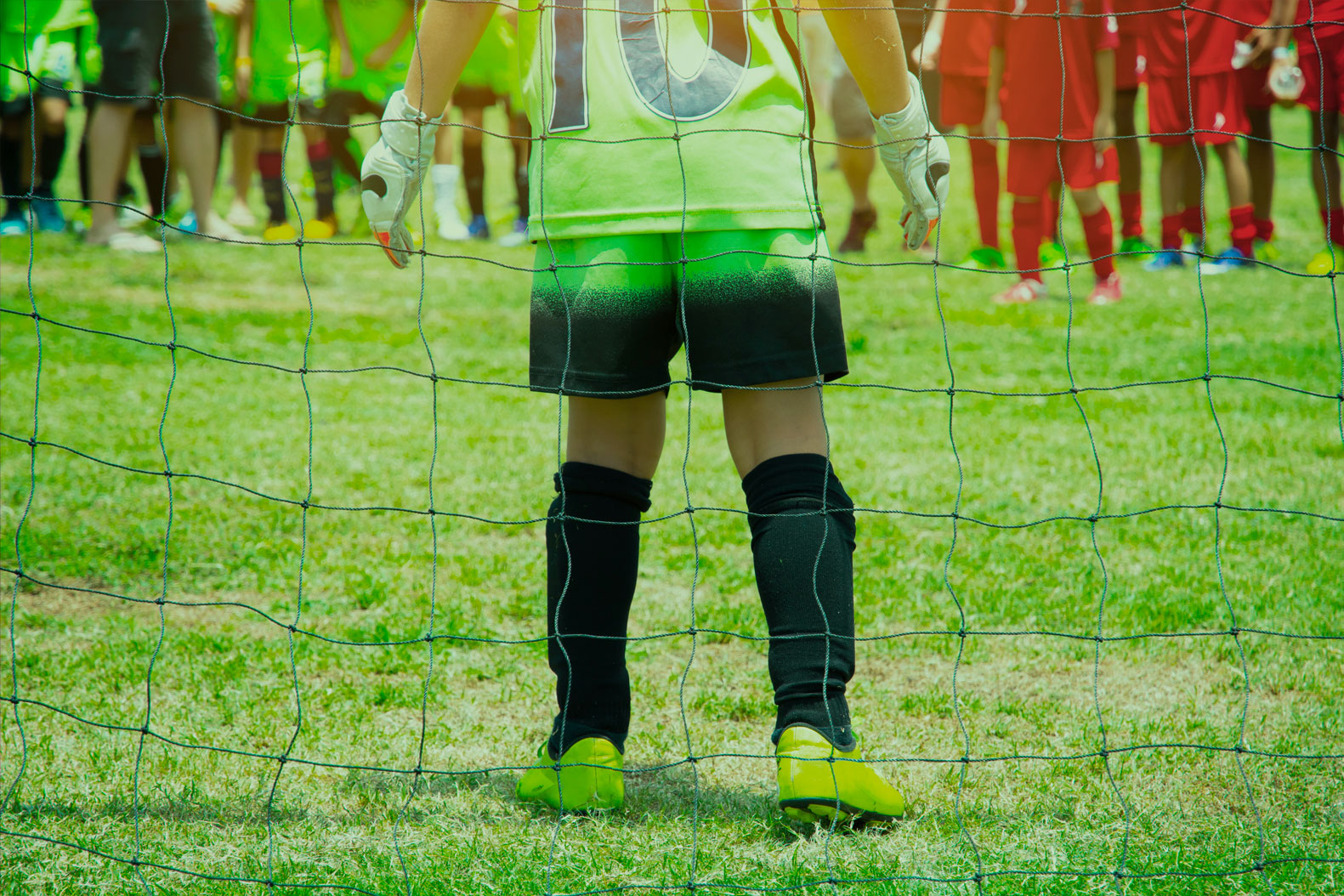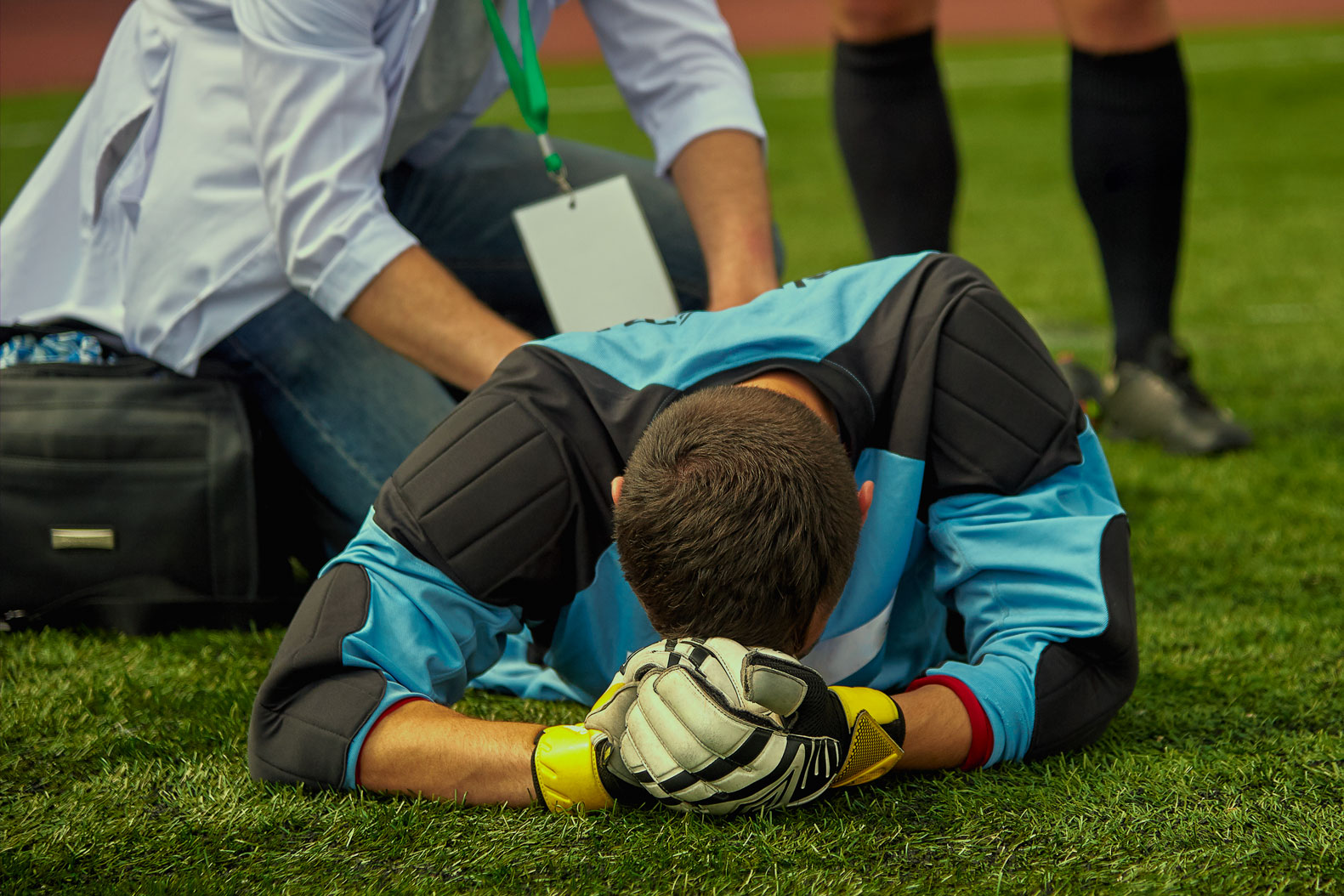Goalkeepers and silent leadership: influencing the game without raising your voice
Antoine Roex, Keeper In Motion – 22 May 2025
Being a leader on the pitch doesn’t have to mean shouting louder than everyone else. Among goalkeepers, silent leadership is a quiet force capable of inspiring, organizing and reassuring an entire team. Discover how these discreet goalkeepers influence the game through their posture, consistency and calm.
A reassuring presence stronger than words
The impact of a goalkeeper on his team is not limited to his technical interventions. His posture, calm under pressure and emotional management send powerful signals to defenders and the rest of the team. A simple, controlled catch of the ball or a measured gesture in a moment of tension can establish a communicative serenity. Teammates learn to rely on this consistency, which becomes a mental anchor in critical moments. There’s no need for the keeper to multiply his orders; his behavior is enough to impose a form of control. This type of leadership is based on repetition, reliability and the ability to remain unflappable, whatever the context. A stable attitude in moments of chaos often inspires more than loud talk. In a discipline where details count, non-verbal communication becomes a formidable tool of authority.
Gaze and positioning as a language of influence
A goalkeeper who reads the game well and positions himself intelligently conveys a silent form of tactical leadership. He directs without shouting, simply through his movements, his management of space and his visual signals to defenders. The greatest goalkeepers use their eyes as a direct communication tool, establishing a relationship of trust and coordination in real time. Their posture becomes a permanent visual cue for the defensive line, which adjusts its behavior according to their alignment. Non-verbal communication, often overlooked, is one of the pillars of defensive organization. This type of body language, discreet but powerful, leaves no room for ambiguity. The guard’s authority is also built on his ability to anticipate, to guide without imposing, and to enforce an order without confrontation. It is these codified and mastered gestures that shape an invisible yet omnipresent leadership.
Exemplarity in action as the driving force behind respect
What builds respect around a silent keeper is his ability to embody high standards without verbalizing them. Every effort made in training, every situation handled with professionalism, feeds a reputation based on exemplarity. Teammates observe, retain and imbibe this rigor without the need to impose it verbally. A silent leader doesn’t seek approval, but acts consistently, and it’s this attitude that ultimately unites people around him. In the dressing room as on the pitch, consistency between actions and intentions becomes a form of quiet charisma. It’s not uncommon for the most respected players to be those who speak little but embody the spirit of the group on a daily basis. This form of leadership relies on personal discipline and the ability to inspire through quality of execution. It takes time, but creates a lasting impact.
When silence becomes a psychological weapon
The silent guard can also use his calmness to destabilize his opponent. In a face-to-face situation, a cool, focused attitude imposes a much greater tension than a provocative speech. Attackers perceive this control as a mental barrier, difficult to breach. The absence of verbal reaction, even in the face of provocation or tension, becomes a psychological asset. This posture sends a clear message: nothing will disturb the keeper. Within the team, this strategic silence reinforces the image of a self-controlled player, capable of handling the unexpected without panicking. In a sport as unpredictable as soccer, emotional stability becomes a form of competitive advantage. By controlling his body language and emotions, the goalkeeper influences not only his partners, but also the course of the match. His silence becomes a language in its own right.
Conclusion
The silent leadership of goalkeepers is the expression of an authority based on mastery, consistency and emotional intelligence. In a role often reduced to the image of the goalkeeper shouting out instructions, there is another, more subtle but equally powerful path. One that inspires through presence, exemplarity and composure, without the need to raise one’s voice. This type of leadership requires deep inner work, an acute awareness of one’s role and the ability to convey confidence without imposing it. Silent guardians are often those who make a lasting impression on their teams, not through their words, but through the impact they leave on the group’s collective unconscious. They show that it is possible to lead differently, with less noise but just as much strength. In an increasingly noisy soccer world, their calm becomes a form of resistance, and their silence a powerful force for unity.
References :

